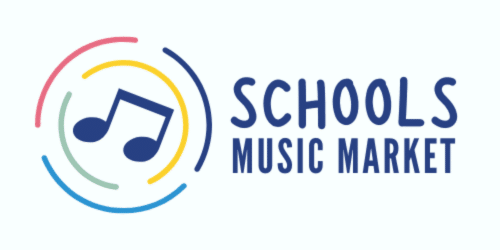Assessment is a pivotal aspect of music education, offering insights into students’ progress and musical development. While performance evaluations are common, diversifying music assessment strategies can provide a more comprehensive understanding of students’ musical abilities. In this blog post, we’ll delve into a range of impactful music assessment strategies that extend beyond traditional methods, empowering teachers to gain valuable insights and offer targeted feedback for ongoing student growth.
Performance Assessments: Core Music Assessment Strategies
At the heart of effective music assessment strategies lie performance assessments. These evaluations gauge students’ musical prowess through live performances—be it solo acts, ensemble pieces, or improvisation sessions. Incorporating performance assessments enables music teachers to evaluate technical skills, musical expression, and stage presence.
Written Assessments: Integral Music Assessment Strategies
In tandem with performance assessments, written evaluations form a vital part of music assessment strategies. These may involve tasks such as reflections, musical analysis, composition exercises, or responses to listening examples. Written assessments offer a means to assess students’ musical knowledge, understanding, and critical thinking skills.
Aural Assessments: Crucial Music Assessment Strategies
Aural assessments focus on students’ listening skills and their ability to identify and analyze musical elements by ear. Tasks may include recognizing intervals, chords, rhythms, or melodic patterns through listening exercises. Aural assessments evaluate students’ ear training, musical memory, and overall listening proficiency.
Peer and Self-Assessment: Collaborative Music Assessment Strategies
Encouraging active student involvement, peer and self-assessment strategies involve structured rubrics or checklists for students to provide feedback on each other’s performances or compositions. These strategies foster critical thinking, self-reflection, and collaborative skills, enhancing students’ ability to offer constructive feedback.
Creative Assessments: Innovative Music Assessment Strategies
Creative assessments provide avenues for students to demonstrate their skills through non-traditional means. Tasks may include creating original compositions, arranging music, designing album covers, or crafting multimedia presentations related to music. These assessments gauge creativity, critical thinking, and the ability to express musical ideas.
Listening Journals: Reflective Music Assessment Strategies
Listening journals focus on students’ active listening skills and their ability to reflect on various musical styles, genres, and historical periods. Students document their impressions, insights, and personal connections to the music they listen to, providing insights into preferences, analytical skills, and depth of understanding.
Collaborative Assessments: Cooperative Music Assessment Strategies
Emphasizing teamwork, collaborative assessments involve group performances, ensemble projects, or collaborative composition tasks. These assessments evaluate students’ ability to work positively within a musical collective, fostering teamwork and effective communication.
Technology-Enhanced Assessments: Modern Music Assessment Strategies
Integrating technology offers innovative opportunities for student engagement. Music production software, digital recording platforms, interactive quizzes, and games assess music theory knowledge while providing a modern and interactive experience with immediate feedback.
Portfolios: Comprehensive Music Assessment Strategies
Portfolios offer a holistic view of students’ musical development, incorporating recordings of performances, compositions, written reflections, and other evidence of growth. They allow students to showcase their best work while offering teachers a comprehensive assessment of progress and achievements.
Ongoing Assessment and Feedback: Continuous Music Strategies
By integrating diverse music assessment strategies such as performance evaluations, written assessments, aural assessments, peer and self-assessment, creative assessments, listening journals, collaborative assessments, technology-enhanced assessments, portfolios, and ongoing assessment with feedback, teachers can gain a nuanced understanding of students’ musical development. These strategies contribute to a well-rounded music education, fostering technical proficiency, musical understanding, critical thinking, creativity, collaboration, and reflective skills. Through thoughtful integration, teachers can nurture the musical growth and success of every student.
For resources to support your music classroom click here to browse the full list.



